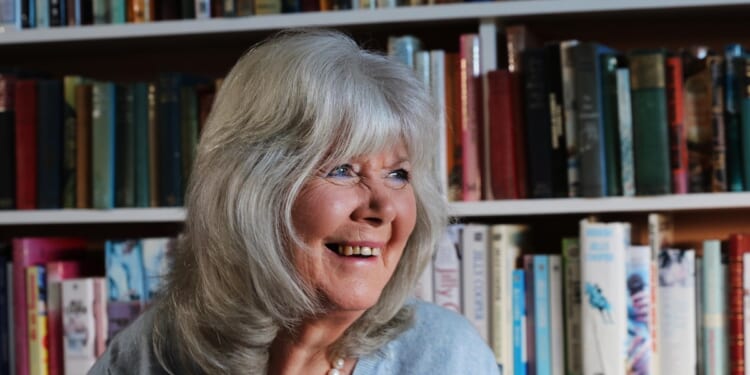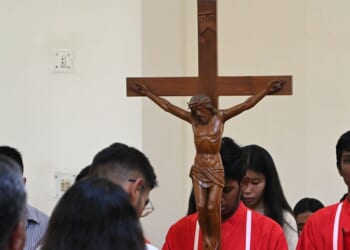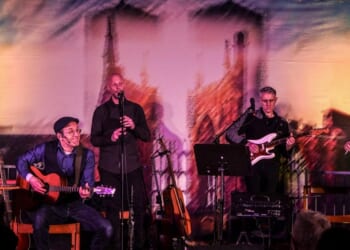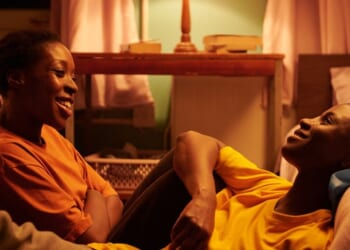DAME JILLY COOPER’s death last week, at the age of 88, sent me scurrying to read her novels for the first time. I vaguely remembered her scatty columns for The Sunday Times, but I had never ploughed through any of the bonkbusters.
So, I started with Riders (1985), the first sketch of her fictional world of “bed-hopping horsey types with pert bottoms and loose morals”, as The Daily Telegraph’s obituary put it. I was quickly engrossed in competitive show-jumping, sexual infidelity, and endless champagne.
Then, to my surprise, I came across a social-media post from the Prayer Book Society, noting Dame Jilly’s love of the BCP, “not least its power to help us ‘endure loss and heartbreak with fortitude’” (Quotes, 10 October). Behind her fizzy, dizzy persona there was not only an acute intelligence, but also a sense of sadness, an awareness in the world that her characters share with animals of lacrimae rerum, which drive them to raunchy and often hilarious goings-on between the sheets (and in the stables; and anywhere, really).
Then, I noticed that her characters, especially the women, prayed and even, sometimes, attended church. The American Helen Macaulay, who had the misfortune to marry the glamorous Rupert Campbell-Black, asked God more than once to be delivered from temptation. The nearness of God seems to be taken for granted, even by those who behave badly.
Then there is the sense of a moral order. Self-indulgence and cruelty tend to get their comeuppance. The down-trodden, despised, and rejected, whether equine or human, are vindicated. We rejoice when the unattractive horse Sailor clears the fences and wins. Bad characters show glimmers of reform, while the more obviously virtuous (Helen, Rachel, Hilary) reveal unexpectedly selfish traits.
The phrase “sin boldly” is often attributed to Martin Luther. It does not mean that we should sin without restraint, but that we should be honest about our sinful nature, and brave in owning up to it. The Prayer Book assumes that we are all hypocrites, really — that it is only God who knows the thoughts of our hearts, our true desires, and our deepest secrets.
A demand for honesty and transparency runs through the Prayer Book like a purple thread, with its constant demand for self-examination and confession. Contemporary liturgy has cut back on this, with the result that most “sin” is now defined by incorrect attitudes rather than by “our manifold sins and wickedness, Which we from time to time have grievously committed by thought, word, and deed”.
Dame Jilly’s writings seem to me to reflect the Reformation suspicion of self and motive, along with the sober recognition that we are all sinners, however noble our ideals. Her novels are snobbish, funny, and, at times, disgusting, besides being genuine bonkbusters: full of sex. I wasn’t really expecting to find God, too, but, if God is everywhere, that must include Rutshire.

















